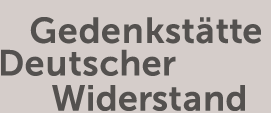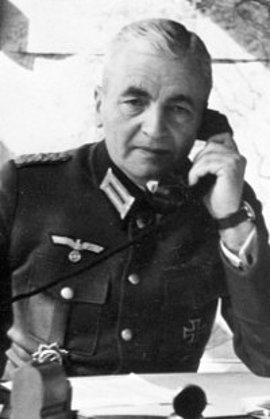German Resistance Memorial Center Biographie
Theodor Steltzer
Theodor Steltzer came from a middle-class family in Schleswig-Holstein. He studied economics and political science in Munich and was also involved in workers’ education in the city. After fighting in the First World War he was a district councilor in Rendsburg from 1920 on. Since he had openly declared his opposition to the National Socialists during the Weimar Republic, he lost his job in the spring of 1933. The new men in power tried to eliminate him completely from public life by accusing him of alleged financial irregularities, and charged him with high treason for openly criticizing the policies of the National Socialist regime in a memorandum to the Austrian government. He was held in custody for several months until his acquittal. In 1936 Steltzer became head of the secretariat of the Protestant Brotherhood of St. Michael in Marburg. In 1939 he was drafted to the Wehrmacht after the German invasion of Poland and was a lieutenant colonel on the General Staff of the Commander in Chief of the Wehrmacht in Norway in Oslo from 1940 on. Steltzer also had contact to the Norwegian resistance movement. In the same year Otto Heinrich von der Gablentz introduced him to Helmuth James Graf von Moltke, who persuaded him to work with the Kreisau Circle. In 1942 Steltzer attended the first two major conferences in Kreisau. After the unsuccessful coup attempt of July 20, 1944 Steltzer, who was designated by the conspirators as plenipotentiary for the State of Schleswig-Holstein, was called back to Berlin on business and arrested by the Gestapo. On January 15, 1945 the People’s Court sentenced him to death. However, his Swedish and Norwegian friends interceded for him with Reich Interior Minister Heinrich Himmler, and the execution was delayed. Steltzer was released from Lehrter Straße Prison in Berlin on April 25, 1945, shortly before the Soviet Army invaded. In the same year he became one of the co-founders of the Christian Democratic Party (CDU) in Berlin, and from 1945 to 1947 he was regional commissioner and then minister president of the State of Schleswig-Holstein.


